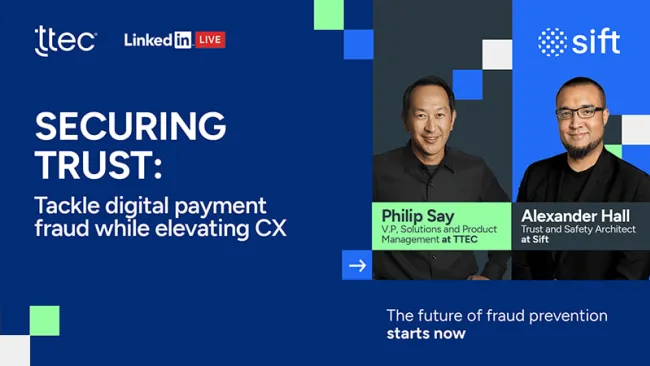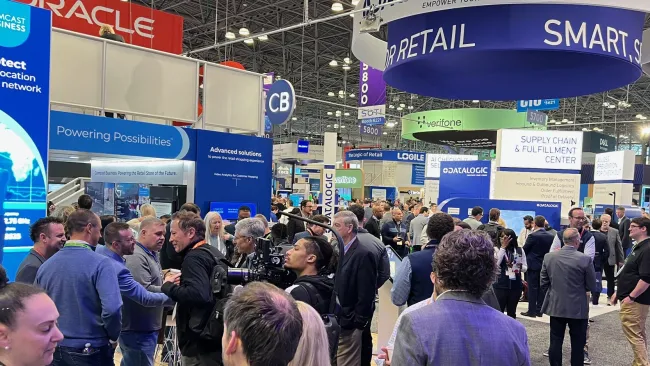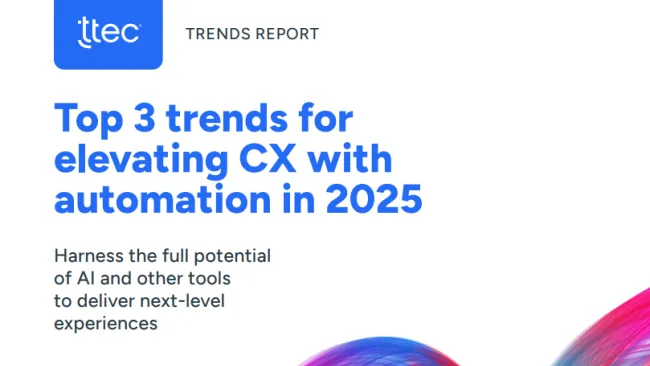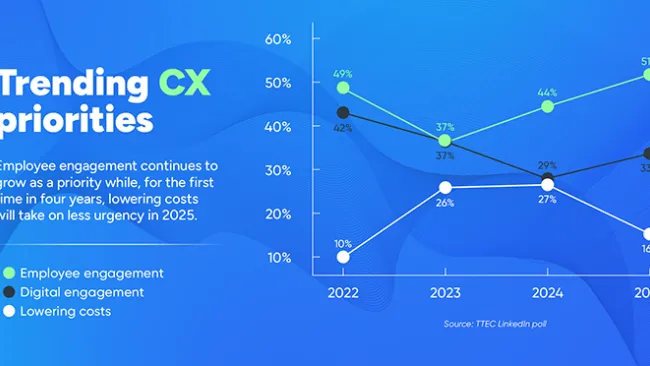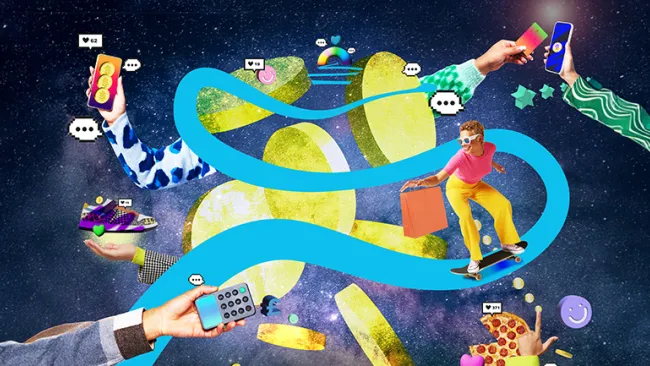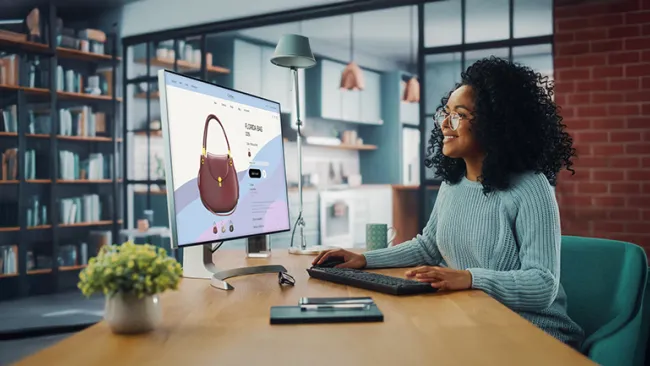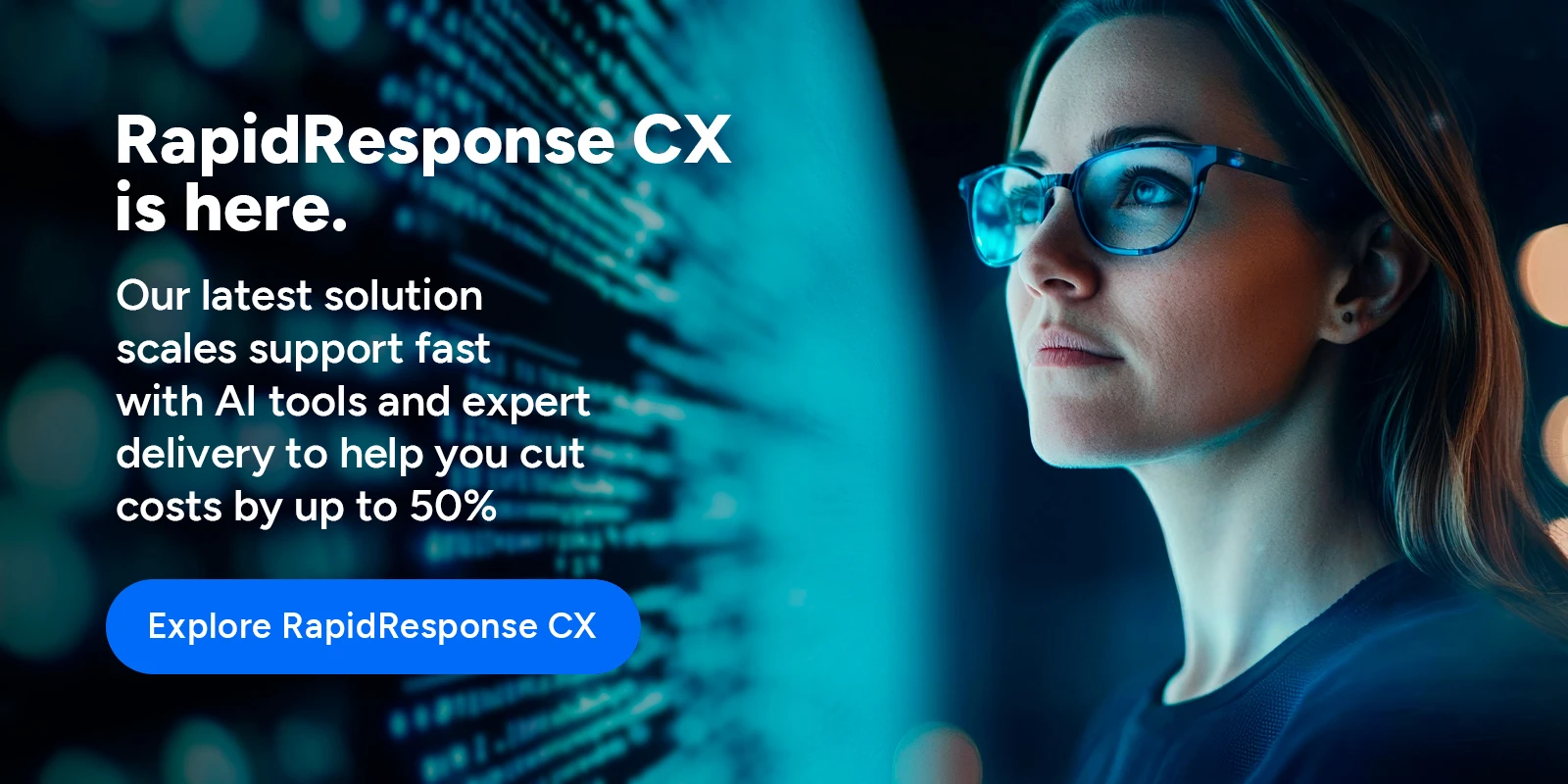New buying trends, emerging technologies, and customer preferences are shaking up the traditional retail environment. For help navigating through all the change, retailers are looking to their internal leaders for guidance; a move that can be both challenging and stressful for even the most seasoned experts.
Banana Republic, a clothing and accessories retailer owned by multinational corporation Gap Inc., operates 700 retail locations worldwide. Recognizing the difficulties ahead, the company implemented a ‘growth mindset’ in order to encourage its leaders to take risks and better themselves within the evolving retail industry.
“We’ve moved away from the traditional annual review and rating systems to embrace a way of managing performance that’s more steeped in this idea of a growth mindset and helping people to always grow and get better, as opposed to judging or assessing them,” says Dan Leavitt, senior manager of Learning and Development at Banana Republic.
Banana Republic perceived that in order for its new growth mindset to be successful, it would need to equip its global leaders with the skills they would need—including mental toughness, stress management, resilience, and persistence—to drive the brand forward as the challenges continue to mount.
“There has been a lot of internal change going on and in general most retailers are up against a dramatic evolutional shift in the retail world,” Leavitt says. “We believe that the velocity of change and disruption is only going to increase over time and this is necessitating different approaches and new ideas. Tracking that change adds stress, and we felt the need to give our leaders skills and strategies for staying resilient.”
To prepare its leaders to handle the current and future business challenges, Banana Republic brought in two TeleTech facilitators to lead a half-day pilot program around mental toughness. The first session included 15 of Banana Republic’s top store managers from its West division. During the session, managers were asked to complete an assessment that measured the current state of their mental toughness. We define mental toughness as the unshakeable determination and conviction toward a particular goal in the face of pressure or adversity.
It didn’t take long for the managers to recognize the value the program could bring to the rest of the organization. The positive feedback prompted Banana Republic to expand the pilot to include its North American regional directors.
“That got really great reviews and great feedback,” says Leavitt. “Some of our store leaders were out visiting stores and heard really positive comments about the content from the store managers who’d been through it, so that created an initial buzz.”
As momentum around the program grew, Banana Republic began to explore ways to reach additional leaders across regions. This culminated in a day-long workshop with 100 global district managers from North America, Japan, and Europe.
Before attending the workshop, district managers completed the same mental toughness assessment as the pilot groups. The workshop then introduced them to the characteristics of winning leaders, and provided them with tactics to achieve positive outcomes. This included showing them how to change the ways they view success and failure, take a positive approach, and manage stress. In addition to mental toughness, the workshop also focused on inspiring long-term motivation.
As the retail industry continues to evolve, it will be important for Banana Republic’s leaders to remain focused and enthused, so that they can effectively guide the company through the changes that inevitably lie ahead. The pilot courses revealed very low scores across the board in this area, and the company knew that it would be important to address this weakness quickly and on a global scale.
“Retail can be so metric-driven, especially if you are leading a store: it’s all about how sales are looking,” says Leavitt. “Sometimes that has led to an overemphasis on only getting to the results. So we wanted to invest in the mastery of how you get there (the process) rather than being so results-driven.”
Maintaining momentum
The company intends to embed this learning through a follow-up program of activities where regional teams are encouraged to discuss their own results, create an action plan, and practice using their new skills and tactics to manage stress better and work more positively.
“One of the things we are most excited about is a couple of months after the conference each region is going to be scheduling a 90 minute follow-up webinar,” says Leavitt. “This will allow them to go a little bit deeper into the team assessment, and really analyze their regional team results.”
The programs have played a key role in helping to move the company and brand in the right direction. Banana Republic is already experiencing the positive impacts of these programs, and participants are busy putting the strategies they have learned into practice. In particular, the stress management and coping strategies introduced in the workshops have been especially appreciated by the company’s leaders. Both strategies have given the leaders the confidence to stand up to the increasing levels of challenge in their roles.
“They saw some of the strategies presented as being great ways to manage the stress that comes with these jobs in real time,” says Leavitt.
Banana Republic is also seeing how a lot of the skills, dialogue, and insights gained from the assessments are helping its leaders to navigate and lead in a growth mindset environment. They now have all the tools they need to lead their teams through the complex retail landscape and help the company reach its peak performance.
The long-term objective is for the leaders to continue to pass on what they have learned to their store managers and teams and instill mental toughness across the global store network. Although the company’s district managers don’t have a direct impact on the stores’ customers, the programs have encouraged them to think of their teams as internal customers. This will in turn create a better environment in the store that will deliver an enhanced all-around customer experience and in turn drive growth.
“We’re hoping that by instilling and building up mental toughness in this team that will in the coming year be filtered down into the way they lead their teams,” says Leavitt. “This is an influential group of 100 people who indirectly have the responsibility for leading over 20,000 store employees around the world.”






